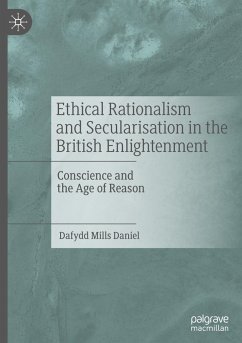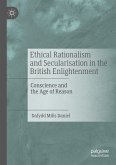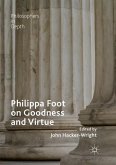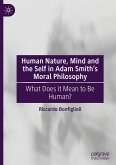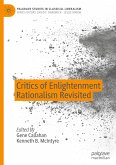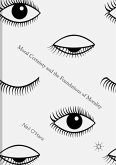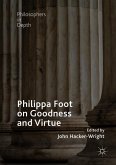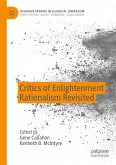This book reassesses the ethics of reason in the Age of the Reason, making use of the neglected category of conscience. Arguing that conscience was a central feature of British Enlightenment ethical rationalism, the book explores the links between Enlightenment philosophy and modern secularisation, while responding to longstanding criticisms of rational intuitionism and the analogy between mathematics and morals, derived from David Hume and Immanuel Kant. Questioning in what sense British Enlightenment ethical rationalism can be associated with a secularising 'Enlightenment project', Daniel investigates the extent to which contemporary, and secular liberal, invocations of reason and conscience rely on the early modern Christian metaphysics they have otherwise disregarded.
The chapters cover a rich collection of subjects, ranging from the Enlightenment's secular legacy, reason and conscience in the history of ethics, and controversies in the Scottish Enlightenment, to the role of British moralists such as John Locke, Joseph Butler and Adam Smith in the secularisation of reason and conscience. Each chapter expertly refines Enlightenment ethical rationalism by reinterpreting its most influential proponents in eighteenth-century Britain - the followers of 'Isaac Newton's bulldog' Samuel Clarke - including Richard Price (Edmund Burke's opponent over the French Revolution) and John Witherspoon (the only clergyman to sign the US declaration of Independence).
The chapters cover a rich collection of subjects, ranging from the Enlightenment's secular legacy, reason and conscience in the history of ethics, and controversies in the Scottish Enlightenment, to the role of British moralists such as John Locke, Joseph Butler and Adam Smith in the secularisation of reason and conscience. Each chapter expertly refines Enlightenment ethical rationalism by reinterpreting its most influential proponents in eighteenth-century Britain - the followers of 'Isaac Newton's bulldog' Samuel Clarke - including Richard Price (Edmund Burke's opponent over the French Revolution) and John Witherspoon (the only clergyman to sign the US declaration of Independence).

